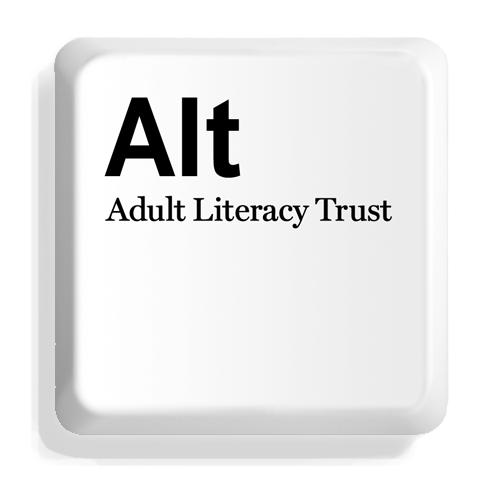Our Advocacy
POLICY PROPOSALS FOR THE SECTOR (2024)
https://alt.org.uk/wp-content/uploads/2024/DfE-Policy-Proposals.pdf
This Paper, co-developed by leading organisations in the adult literacy sector, aims to engage the Department for Education on the reforms needed to increase adult literacy levels. It lays out a number of specific, actionable ideas to help tackle the declines in participation in adult literacy learning, and offers potential solutions to eliminate challenges to literacy schemes that too often in practice have proved to be suboptimality designed, duplicative or hard to access. Finally, it encourages a more active role for the voluntary sector, and engagement of a wider group of stakeholders.
_______________________________________________________
Our Advocacy Aims
ALT aims to make lifelong learning opportunities accessible to all, one individual at a time. More broadly, we also encourage policies designed to provide high-quality lifelong opportunities for learning that can help to ensure adults maintain their skills in the future.
This requires a concerted engagement of all stakeholders. Governments, employers, employees, parents and students need to establish effective and equitable arrangements as to who pays for what, when and how, when it comes to educational opportunities for all. Since individuals with poor skills are unlikely to engage in education and training on their own initiative and tend to receive less employer-sponsored training, second-chance options can offer them a way out of the low-skills/low-income trap. That starts with identifying those most at risk of poor skills proficiency.
This means identifying adults with low skills who require support, including individuals for whom English is a second language, older adults and those from disadvantaged backgrounds, and providing them with learning opportunities tailored to their needs. This requires innovative approaches and significant community engagement. ALT seeks to be an active player in this discussion, to promote and encourage sensible, effective policies and programmes in adult basic skills.

